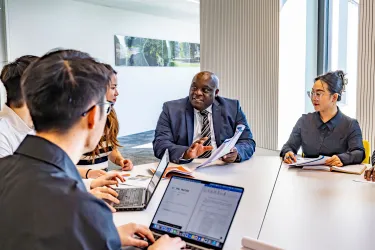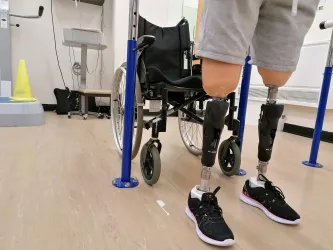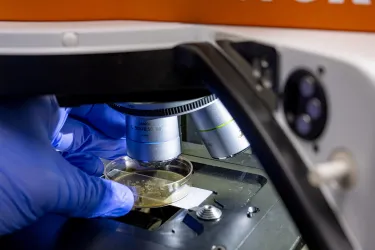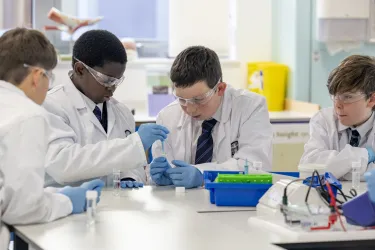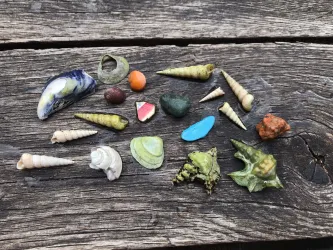Search our research
146 results
-
Southampton students help small businesses tackle climate change
Business School addresses SMEs’ sustainability problems while giving graduates real-world experience.
-
Southampton researchers develop technologies to make better artificial limbs for people in Cambodia
Data science and, computer-aided design informed by local needs and skills help academic team to do prosthetics differently
-
Improving pregnancy and maternal health for young adolescents
The lives of millions of women and girls worldwide are being improved thanks to Southampton research on young adolescent pregnancy and maternal health.
-
How lasers could save lives by identifying harmful bacteria in minutes
Spectroscopy research targets infection - quickly and accurately
-
How teaching children about epigenetics could save the NHS - and the planet
Southampton’s LifeLab goes global as academics find new ways to help young people across the world live a long and healthy life
-
Southampton’s academics team up with local creative writing organisation to prompt new relationships between the University and local communities
What began life as a project about the coast became an exercise in something much bigger
-
Plutonium research marks humankind’s permanent impact on our planet
Southampton scientists say deep lake sediments shows the Anthropocene epoch has definitely started
-
How do we feel about where we live? Artists and academics find ways to use emotional data
The project will help governments and councils make better decisions
-
Disorder is Good – Taming disorder in self-assembled materials with topology
Instead of fighting disorder, we should identify structures that are ordered enough to perform the required function. We have combined cutting edge experiments with breakthrough methods from topological data analysis to quantify emerging structure i...
-
Tackling housing debt and eviction
At a time where the repercussions of the COVID-19 pandemic and the cost-of-living crisis are continuing to have an impact, Southampton research is ensuring that the voices of those at threat of losing their homes are heard.
